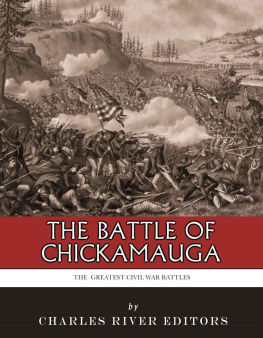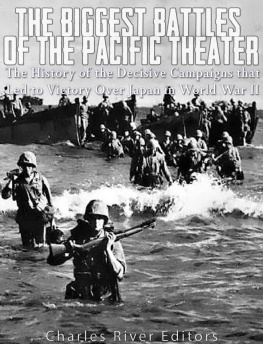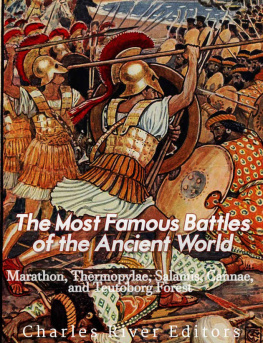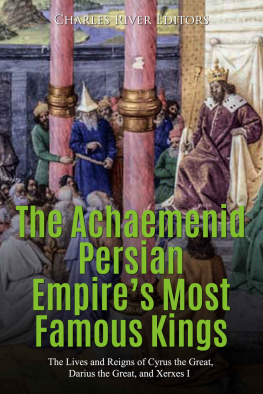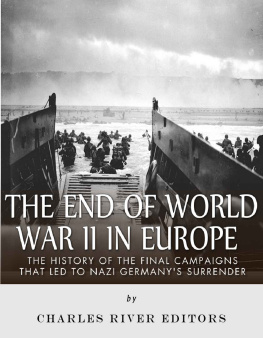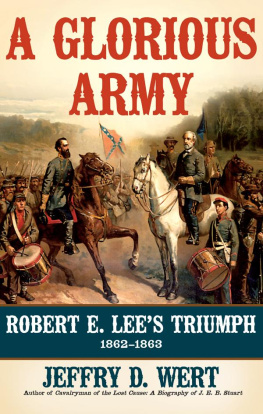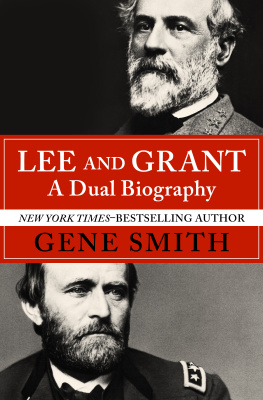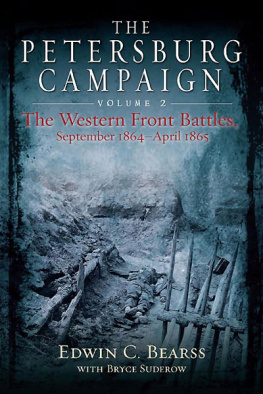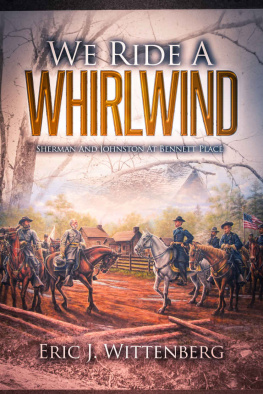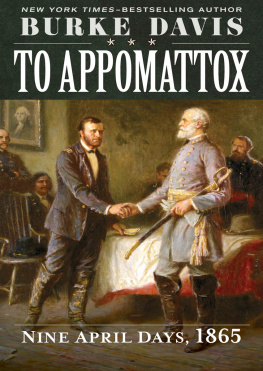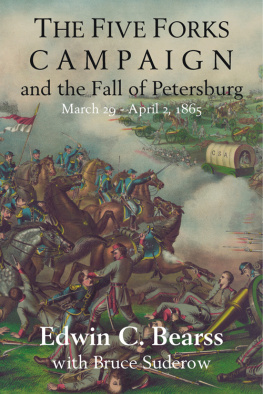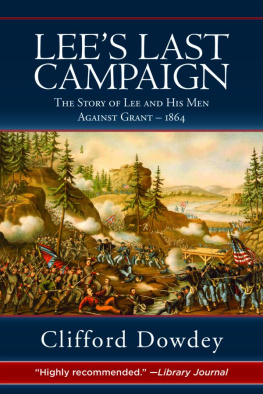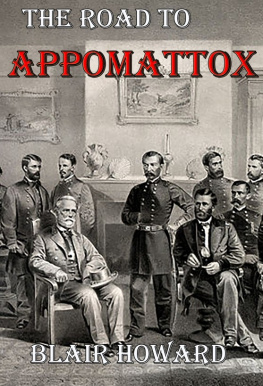Charles River Editors - The Greatest Civil War Battles: The Battle of Chickamauga
Here you can read online Charles River Editors - The Greatest Civil War Battles: The Battle of Chickamauga full text of the book (entire story) in english for free. Download pdf and epub, get meaning, cover and reviews about this ebook. year: 2012, publisher: Charles River Editors, genre: History. Description of the work, (preface) as well as reviews are available. Best literature library LitArk.com created for fans of good reading and offers a wide selection of genres:
Romance novel
Science fiction
Adventure
Detective
Science
History
Home and family
Prose
Art
Politics
Computer
Non-fiction
Religion
Business
Children
Humor
Choose a favorite category and find really read worthwhile books. Enjoy immersion in the world of imagination, feel the emotions of the characters or learn something new for yourself, make an fascinating discovery.
- Book:The Greatest Civil War Battles: The Battle of Chickamauga
- Author:
- Publisher:Charles River Editors
- Genre:
- Year:2012
- Rating:5 / 5
- Favourites:Add to favourites
- Your mark:
The Greatest Civil War Battles: The Battle of Chickamauga: summary, description and annotation
We offer to read an annotation, description, summary or preface (depends on what the author of the book "The Greatest Civil War Battles: The Battle of Chickamauga" wrote himself). If you haven't found the necessary information about the book — write in the comments, we will try to find it.
*Includes pictures
*Includes accounts of the fighting and surrender by generals on both sides
*Includes footnotes and a bibliography for further reading
Of all the dramatic events that transpired during the Civil War, the end of the war in April 1865 brought perhaps the most remarkable of them all, and they came in such quick succession that its still hard to believe nearly 150 years later.
On April 2, the long siege of Petersburg by Ulysses S. Grant ended with Robert E. Lees Army of Northern Virginia finally having its line broken, forcing Lee to retreat and give up Richmond in the process. Lees battered army began stumbling toward a rail depot in the hopes of avoiding being surrounded by Union forces and picking up much needed food rations. While Grants army continued to chase Lees retreating army westward, the Confederate government sought to escape across the Deep South. On April 4, President Lincoln entered Richmond and toured the home of Confederate President Jefferson Davis.
Fittingly, the food rations Lee moved toward did not arrive as anticipated, and on April 7, 1865, Grant sent Lee the first official letter demanding Lees surrender. In it Grant wrote, The results of the last week must convince you of the hopelessness of further resistance on the part of the Army of Northern Virginia in this struggle. I feel it is so, and regret it as my duty to shift myself from the responsibility of any further effusion of blood by asking of you the surrender of that portion of the Confederate States army known as the Army of Northern Virginia. Passing the note to General Longstreet, now his only advisor, Longstreet said, Not yet. But by the following evening during what would be the final Confederate Council of War (and after one final attempt had been made to break through Union lines), Lee finally succumbed, stating regretfully, There is nothing left me but to go and see General Grant, and I had rather die a thousand deaths.
Communications continued until April 9, at which point Lee and Grant two met at Appomattox Court House. When Lee and Grant met, the styles in dress captured the personality differences perfectly. Lee was in full military attire, while Grant showed up casually in a muddy uniform. The Civil Wars two most celebrated generals were meeting for the first time since the Mexican-American War.
The Confederate soldiers had continued fighting while Lee worked out the terms of surrender, and they were understandably devastated to learn that they had surrendered. Some of his men had famously suggested to Lee that they continue to fight on. Porter Alexander would later rue the fact that he suggested to Lee that they engage in guerrilla warfare, which earned him a stern rebuke from Lee. As a choked-up Lee rode down the troop line on his famous horse Traveller that day, he addressed his defeated army, saying, Men, we have fought through the war together. I have done my best for you; my heart is too full to say more.
Although the surrender of the Army of Northern Virginia to Grant and the Army of the Potomac at Appomattox Courthouse did not officially end the long and bloody Civil War, the surrender is often considered the final chapter of the war. For that reason, Appomattox has captured the popular imagination of Americans ever since Lees surrender there on April 9, 1865. The Greatest Civil War Battles: The Appomattox Campaign chronicles the final campaign between the Army of the Potomac and the Army of Northern Virginia, and the one popularly remembered as sealing the fate of the Confederacy. Along with pictures and a bibliography, you will learn about Appomattox like never before, in no time at all.
Charles River Editors: author's other books
Who wrote The Greatest Civil War Battles: The Battle of Chickamauga? Find out the surname, the name of the author of the book and a list of all author's works by series.

